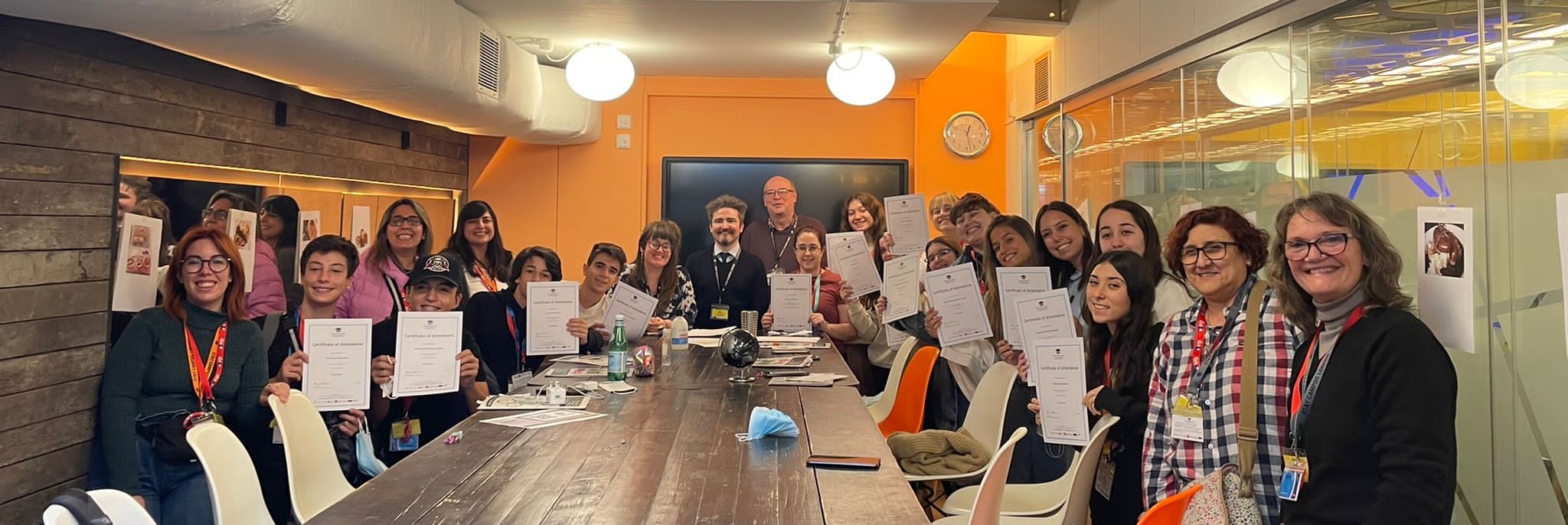
Categories: Programmes
The International English Language Testing System (IELTS) exam is a widely recognised English proficiency test taken by international students and professionals.
Attaining a high score in the IELTS exam is the gateway to numerous opportunities, be it pursuing higher education or enhancing career prospects in English-speaking countries.
In this blog, we will provide you with essential insights and strategies to supercharge your IELTS exam preparation, help you overcome any obstacles, and set you on the path to success.
Fact: The minimum IELTS score required for university admission in the UK varies depending on the institution and the programme of study. Generally, a score of 6.0 or 6.5 is considered the minimum acceptable level of English proficiency.
However, some universities and programmes may require a higher score, such as 7.0 or above, particularly for graduate-level courses. It's essential to check with the specific university to determine their IELTS requirements.
For a UK visa application for work or residency, the following IELTS tests may be required:
The specific test you take and the required score will depend on the visa requirements and the institution where you plan to work or study.

Before you begin, get to know the structure and requirements of the test so that you can perform at your best. The IELTS exam is available in two formats: Academic and General Training.
The listening, reading, and writing sections are completed in one sitting without any breaks, while the speaking test may be scheduled a week before or after the other sections. If you opt for the IELTS Online, your speaking test will likely take place before the different sections. The entire test duration is 2 hours and 45 minutes.
Read various materials, like novels, blogs, newspapers, and academic journals, to improve your English reading skills. Reading often will help you build vocabulary and enhance your fluency.
Here's some practical quick tips on how to enhance your IELTS reading techniques:
As the saying goes: “practice makes perfect”. Like learning to ride a bike, IELTS test preparation requires ongoing work. A consistent writing habit is essential for achieving excellence in the IELTS Exam.
The IELTS Writing section may require you to write about topics such as the following:
When preparing for either the Academic or General Training approach, make note of these fast practical tips for boosting your IELTS writing score:

To do well on the IELTS, you need to have accurate grammar, proper vocabulary, and good pronunciation, not translate directly from your native language, express your ideas clearly and organise your thoughts.
Some topics you might be asked to speak about on this portion of the IELTS exam are explained below.
Follow our quick advice on how to show confidence from your hard work and preparation:
Tip from one of our Italian students: In October 2022, Gaia joined our IELTS preparation programme intending to take the exam before the end of the year. With hard work and determination, she scored 5.5 on the IELTS and promptly enrolled on our International Foundation Programme, which prepares her for university education.
As a recent IELTS test-taker, here's her advice for those pursuing the exam:
"I know feeling nervous is normal, but overcoming it and managing it is already 50% of your success.
I focused on all four sections from Monday to Friday but considered the listening part the most challenging. I practised this section in the classroom with others, but also in my room by trying various exercises on YouTube. I opened the YouTube app and wrote the number of each unit in the search bar and practised this way.
My advice for the reading part is just read every detail carefully, check the time but keep calm. As for the speaking part, the most important thing is to speak a lot and be confident.
Good luck everyone! You can do it!"
Improve your listening skills by becoming an active listener. Films and TV series may be fun to watch, but going further will make a big difference.
Remember these quick essential tips on how to boost your IELTS listening skills:
Improve your IELTS score with free practice tests and answers. Time yourself and use these tests to perfect your techniques and feel more familiar with the exam format.
How many times should you take these practice tests? The answer varies for each individual, but as a general rule, aim for at least 3 to 5 tests to see significant improvement. Continue taking the tests until you hit your desired score or feel confident and well-prepared for the actual IELTS exam.
Important note: During the actual exam, you will take listening, reading, and writing tests in one sitting, so it's crucial to practise under similar conditions. When taking the tests, complete all tasks and answer all questions on each page in the proper order.
Finally, here are a few more helpful links to review:
We hope you found this blog informative and helpful. If you need additional support, don't hesitate to reach out to us. Our IELTS preparation programme is designed to set you up for success and help you reach your goals.
You can chat with us online on our website from Monday to Friday between 9 am and 6:30 pm (GMT), or send us an email info@sclinternationalcollege.com, or use the button below to schedule a call at a time that suits you.
We have a rolling admissions policy which means you can apply any time, even just a few weeks before starting your programme, but be sure to leave enough time to secure your student visa.

Select from below to filter by category.
Subscribe now and get our monthly enewsletter with all our latest tips and guides.